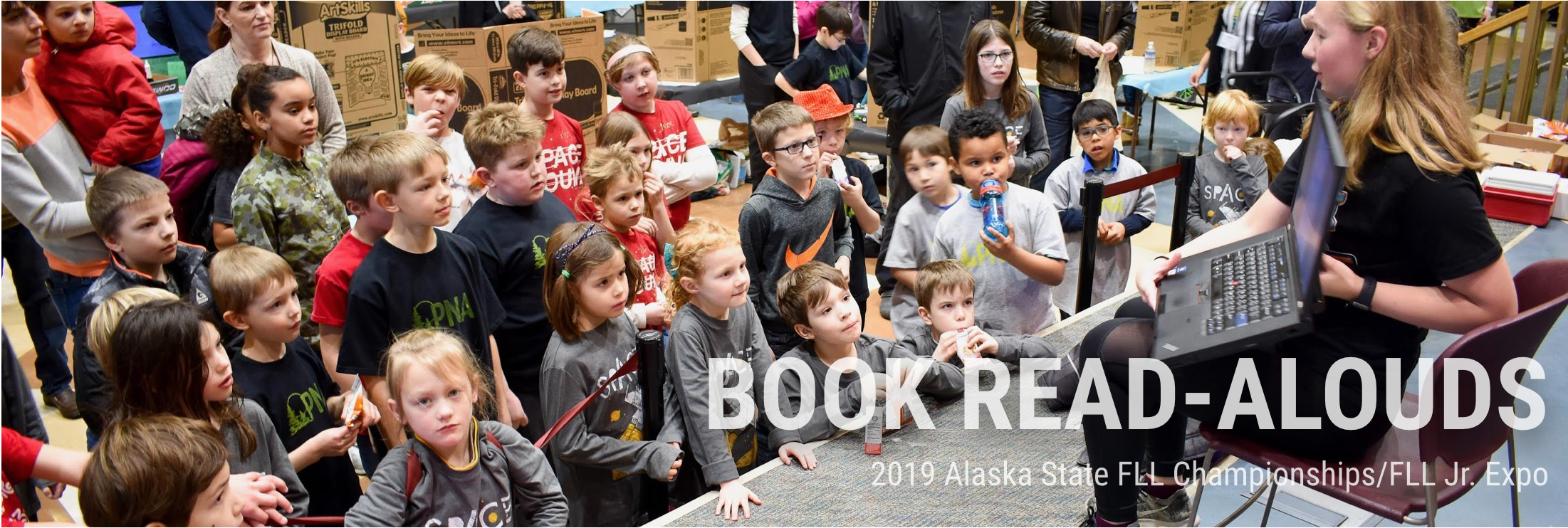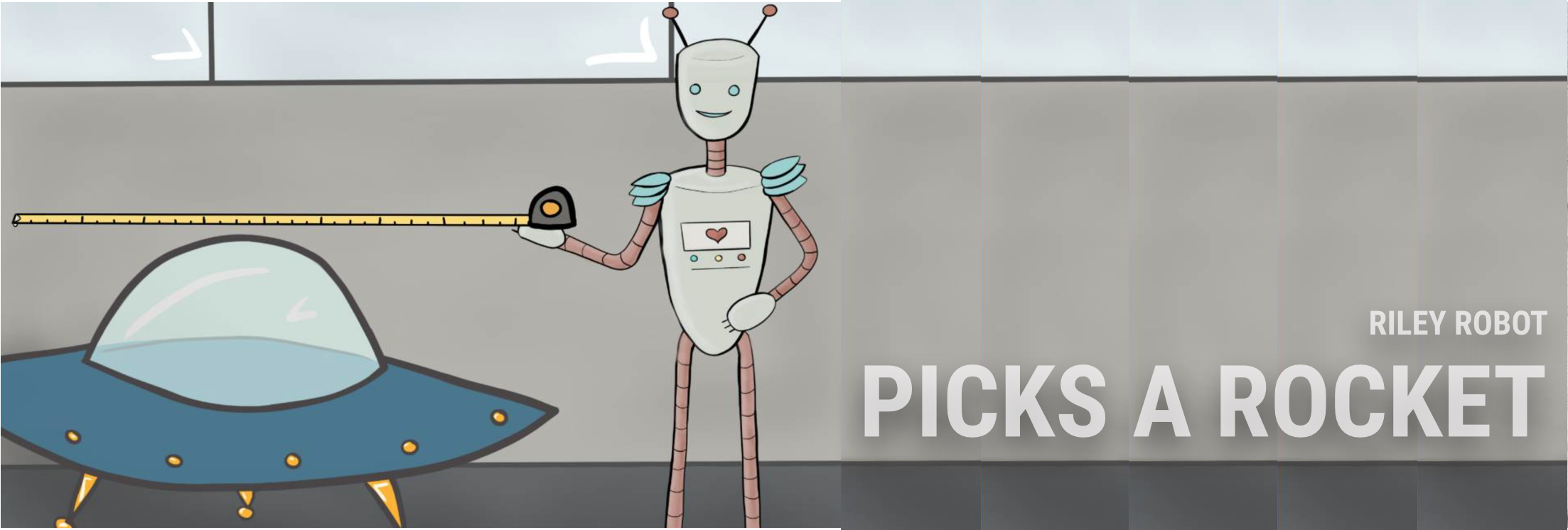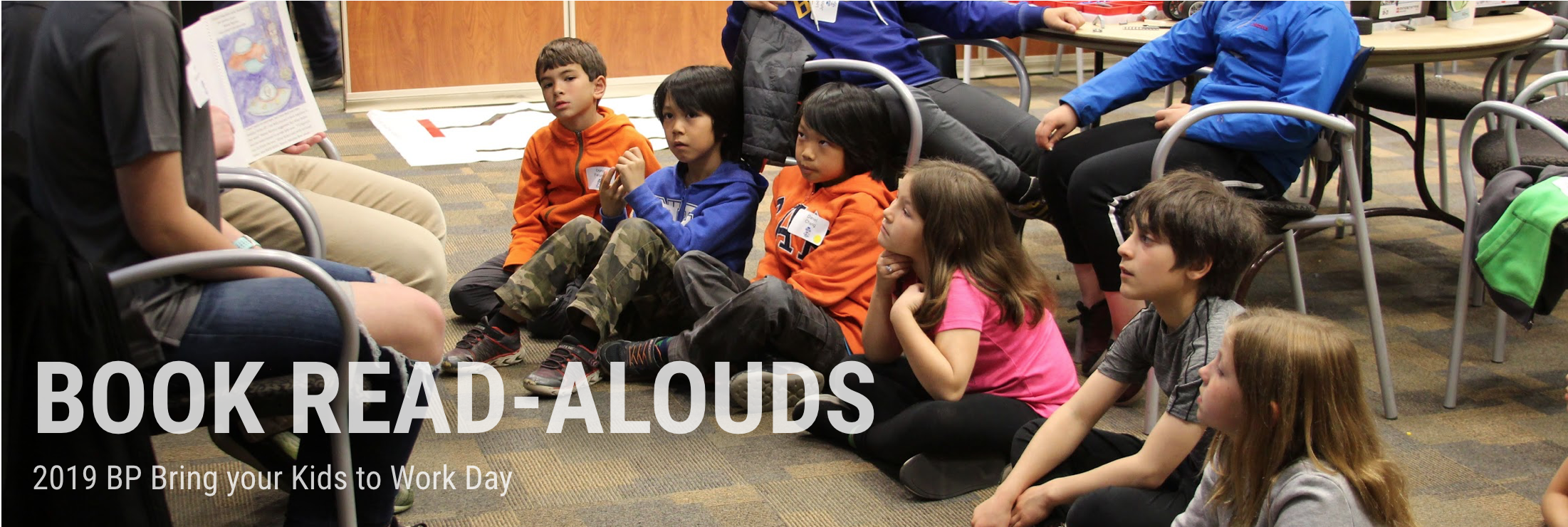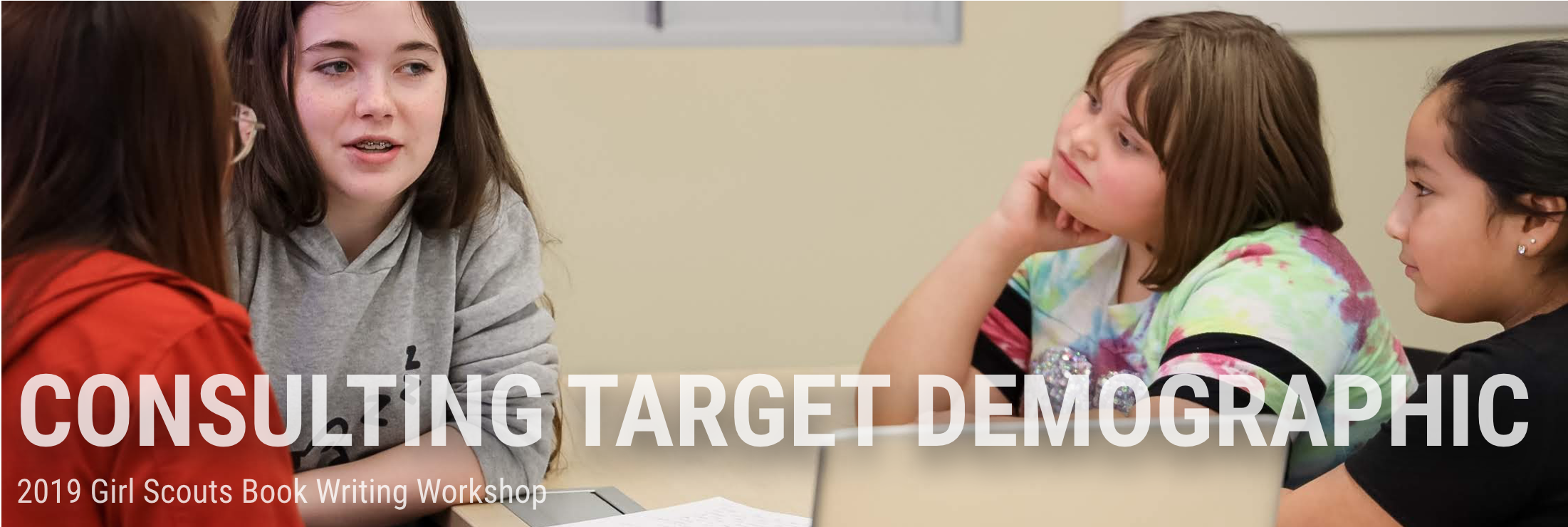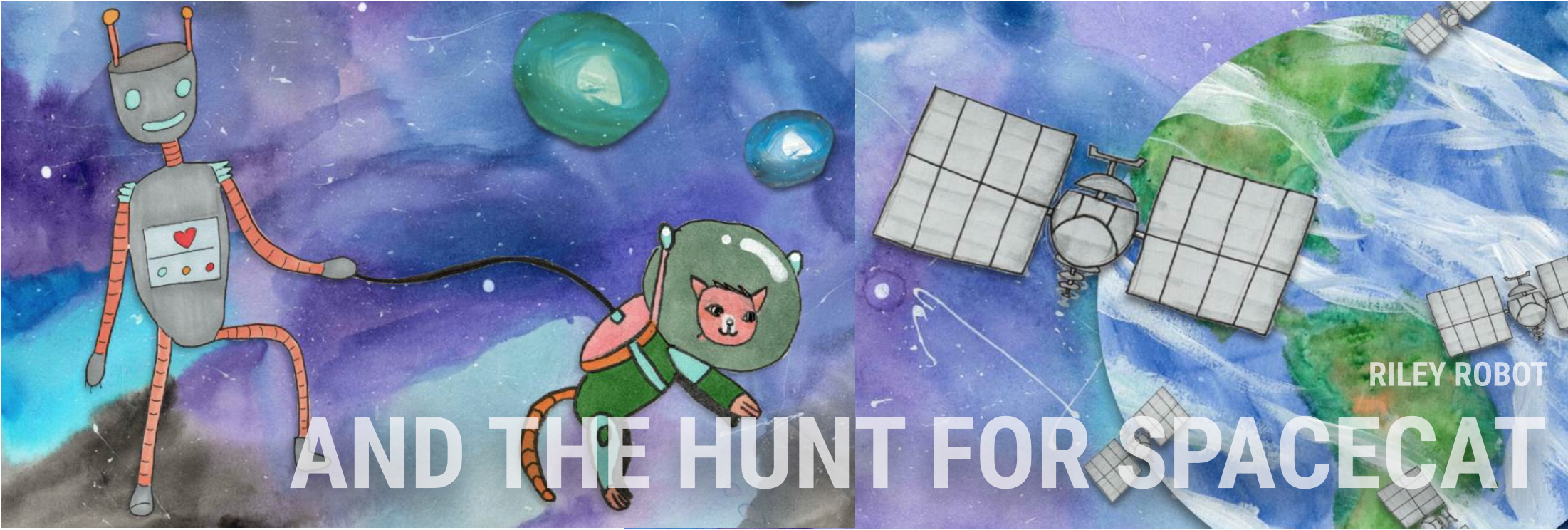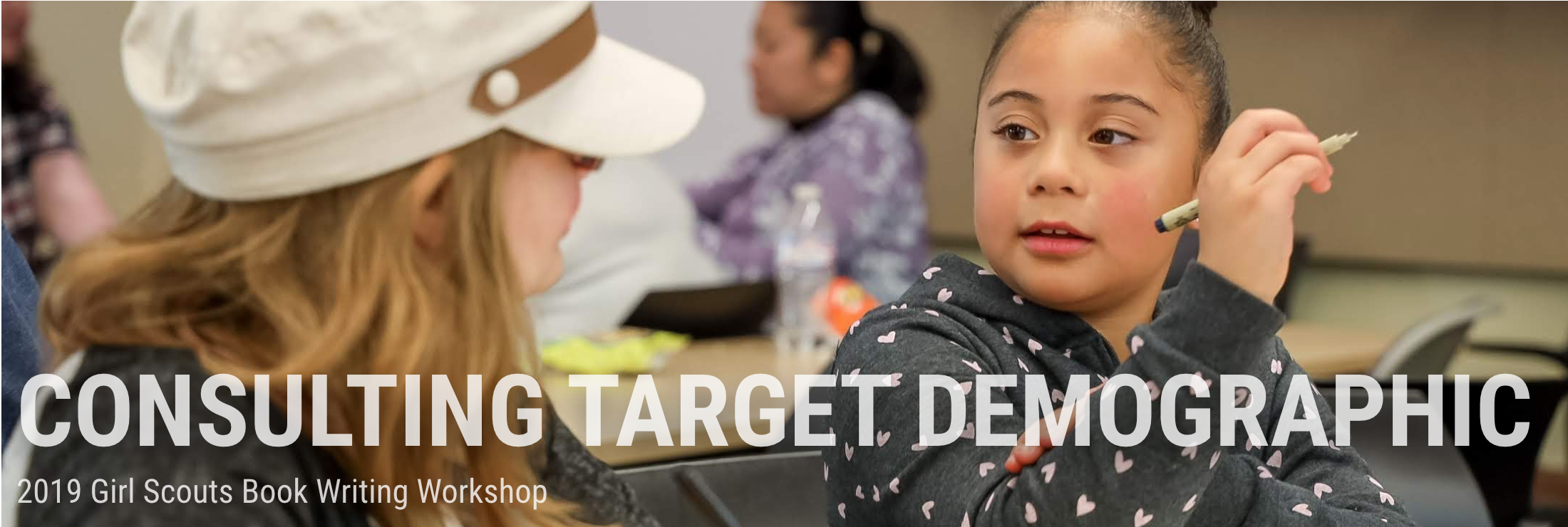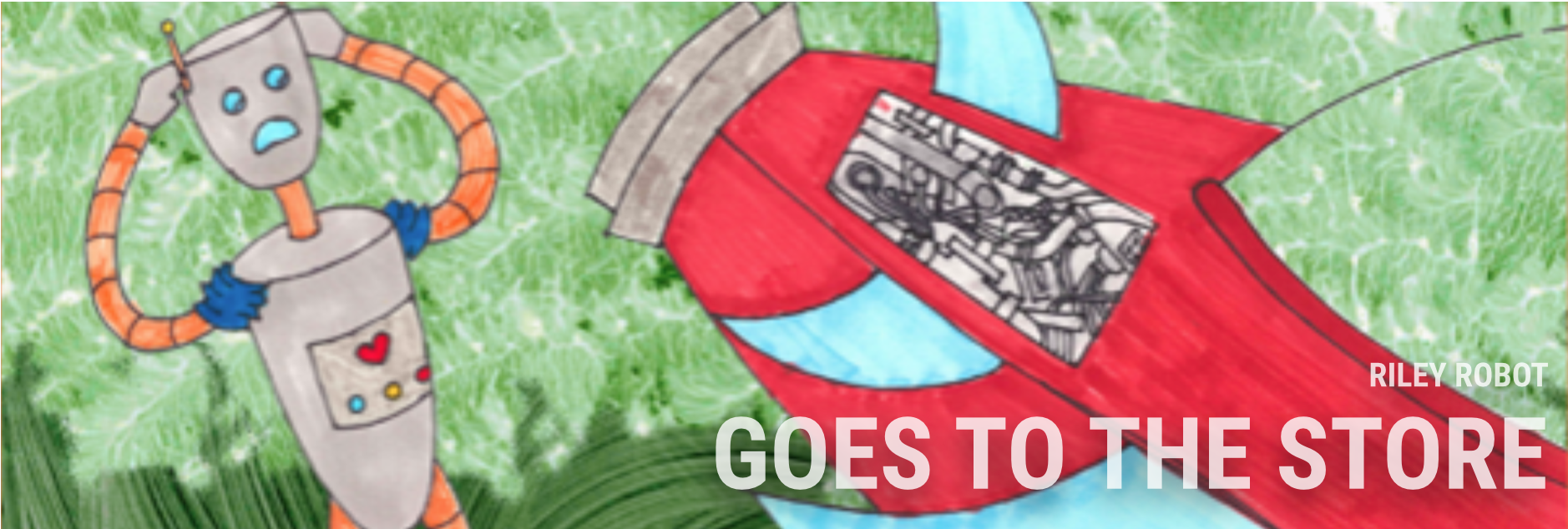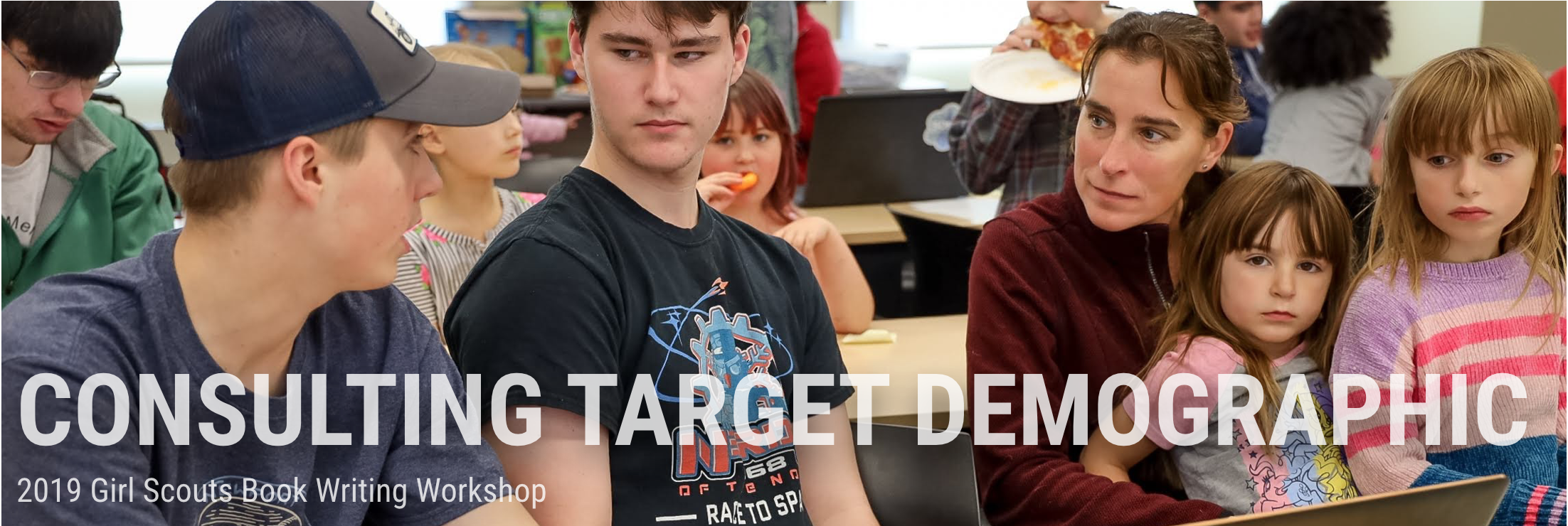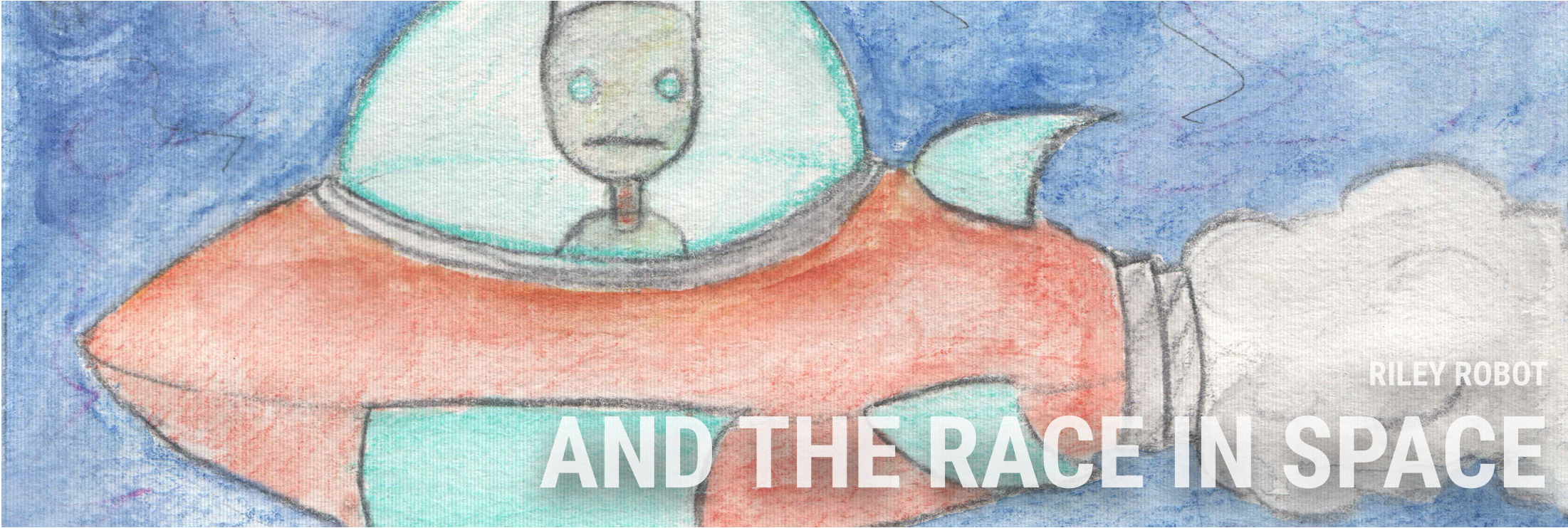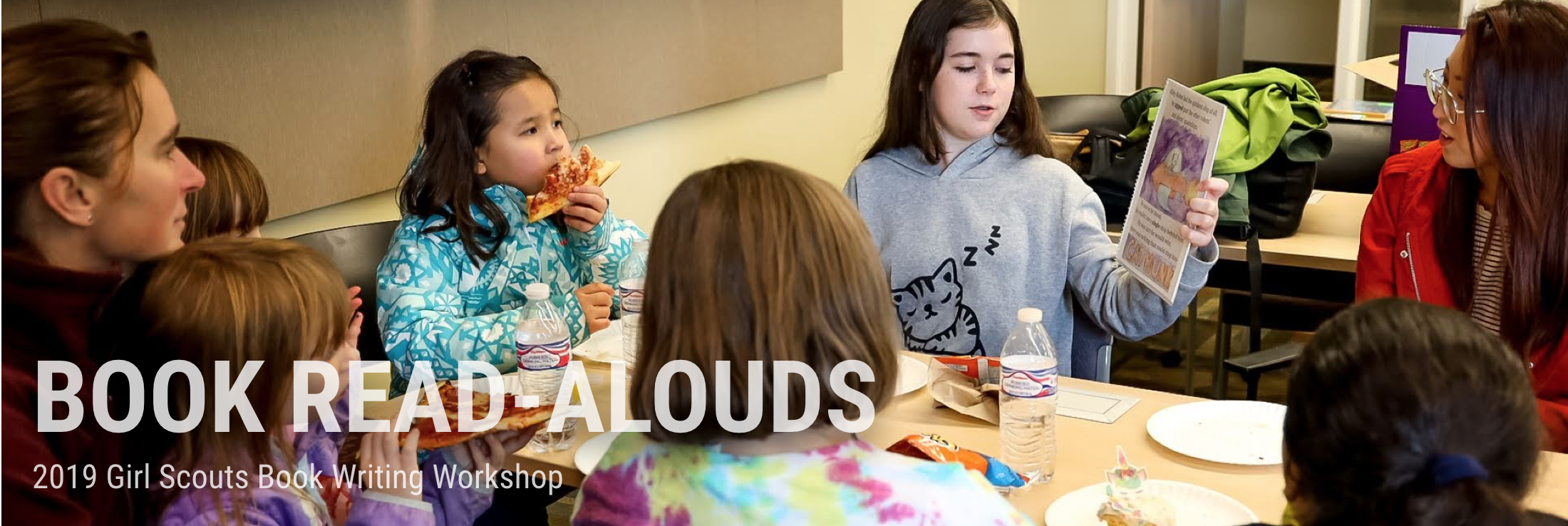Who we Are: The Nerds of the North
We are the Nerds of the North, Team 568, Alaska's one and only high school robotics team that competes in the FIRST Robotics Competition league. Our team designs, builds, and programs large, competitive robots that we take out of state to the Pacific Northwest region to compete against other high school teams. But we are about more than just robots.
Our mission is to empower and inspire the future generations of Alaskan engineers, chemists, biologists, architects, astrophysicists, and leaders in the expanding STEM universe. We strive towards this goal every day: through literacy, through inclusion, through opportunity, and through education.
Visit the FRC Team Website
Encouraging Literacy
One of the most important things to our team is improving the literacy of Alaskan children through engineering and robotics. Alaska has an 11% illiteracy rate, and our team members believe we can help fix it. We approach this through numerous outreach activities—volunteering at events at Barnes and Noble and Z.J. Loussac Library--and through the development of a series of children's books.
Riley Robot Children's Books
In 2018, we decided to write and illustrate a children’s book that would teach kids about several of the FIRST core values and be entertaining. In Riley Robot and the Race in Space, Riley teaches kids about the importance of cooperation, coopertition, perseverance, and being able to admit it when you need help. We believe that using simple, illustrated books to reach children is the right way to get FIRST ideals and STEM ideas to stick, and it has been shown by research that children will often remember concepts better if they are taught to them in a fun and engaging way.Since then, we have developed several new books that not only teach children about the important life values that FIRST promotes, but also about social issues, science, and math, all while encouraging literacy as well.
Visit the Riley Robot Book Storefront
Book Themes
We want to use children's books to encourage children to keep up their reading skills and also get excited about STEM as they grow and develop into strong leaders. For this reason, we write books that fall into the following categories:
- Math
- Science
- Social Lessons (including FIRST core values)
Read More About Book Themes
Feedback
We recognize that writing books is not all that different from the engineering design process in that a good, final product requires constant testing and revision. We have a number of feedback systems we use:
- FEEDBACK FORMS: These simple Google forms are made available online so readers can give us feedback on books. We have also used these following read-aloud sessions in summer camps, classrooms, etc.
- INFORMAL FEEDBACK: We seek out opportunities to read our books aloud, so we can gauge student response to the stories and images.
- GIRL SCOUT PARTNERS: We have partnered with a couple of Girl Scout Brownies troops (1-3rd grade) who have graciously allowed us to use them as guinea pigs, running potential plot lines and characters past them. These girls have provided us feedback and even contributed to story ideas.
- MENTOR FEEDBACK: We have also partnered with a number of mentors in the community, including published authors, K-12 educators, librarians, parents, and university professors, who have been gracious in helping provide revisions and suggestions.
Book Translations
When we learned that 20 of Alaska’s Native Languages are endangered and forecasted to go extinct by the end of the 21st century, we partnered with FTC teams across Alaska to translate our books into Yup’ik, Cup’ig, and Tlingit. Through this, the Tlingit Native elders decided to add a new word, “Kashóok’ Kaà,” meaning robot, to their language. It’s important to us that encouraging STEM does not present as a contradiction to cultural values and languages.Our home base of Anchorage proudly claims the nation’s top three most diverse national census tracts and is called home by speakers of over 100 languages. The Anchorage school district has seen an increase of 20% in English Language Learners in the past 10 years. So our team asked ourselves—why stop with Alaska Native language translations? Riley Robot is currently being translated into Russian, Spanish, Tagalog, French, Japanese, and German by various team members, FIRST teams, and community partners.This improves access to STEM concepts for students whose families or communities may speak limited English, while encouraging literacy in their native language.
